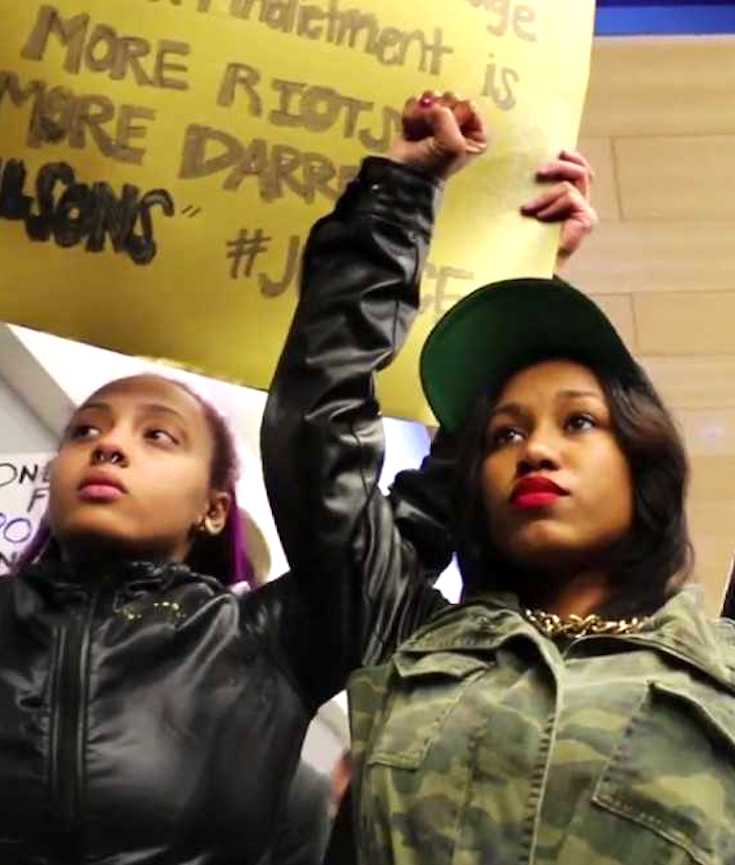Every December, The Atlantic looks back on the previous year—to highlight not just the “big moments” but also the progression of “big ideas.” Below, the second of three installments looks at the year in race, identity, and criminal-justice coverage.
In 2016, long simmering tensions over race and identity in America boiled over. Years of conflict between police and minority communities, clashing views concerning abortion and gender identity, and fear of immigrants and Muslims in a diversifying country all played prominent roles in a contentious presidential election. More than three-fourths of Americans feel the country is “greatly divided” on crucial issues, according to a recent Gallup poll. The United States has a long road ahead to address these issues, but The Atlantic’s coverage from the past year offers some clues about what may lie ahead.
[mc4wp_form id=”6042″]
 Photo | Chris Wieland / Flickr
Photo | Chris Wieland / Flickr
 Photo | AP Photo/John Minchillo
Photo | AP Photo/John Minchillo

Black Lives Matter (BLM) is an international activist movement, originating in the African-American community, that campaigns against violence toward black people. BLM regularly organizes protests around the deaths of black people in killings by law enforcement officers, and broader issues of racial profiling, police brutality, and racial inequality in the United States criminal justice system.
In 2013, the movement began with the use of the hashtag #BlackLivesMatter on social media, after the acquittal of George Zimmerman in the shooting death of African-American teen Trayvon Martin. Black Lives Matter became nationally recognized for its street demonstrations following the 2014 deaths of two African Americans: Michael Brown, resulting in protests and unrest in Ferguson, and Eric Garner in New York City.
Since the Ferguson protests, participants in the movement have demonstrated against the deaths of numerous other African Americans by police actions or while in police custody, including those of Tamir Rice, Eric Harris, Walter Scott, Jonathan Ferrell, Sandra Bland, Samuel DuBose and Freddie Gray. In the Summer of 2015, Black Lives Matter began to publicly challenge politicians—including politicians in the 2016 United States presidential election—to state their positions on BLM issues. The overall Black Lives Matter movement, however, is a decentralized network and has no formal hierarchy or structure. (Wikipedia)




You must be logged in to post a comment.